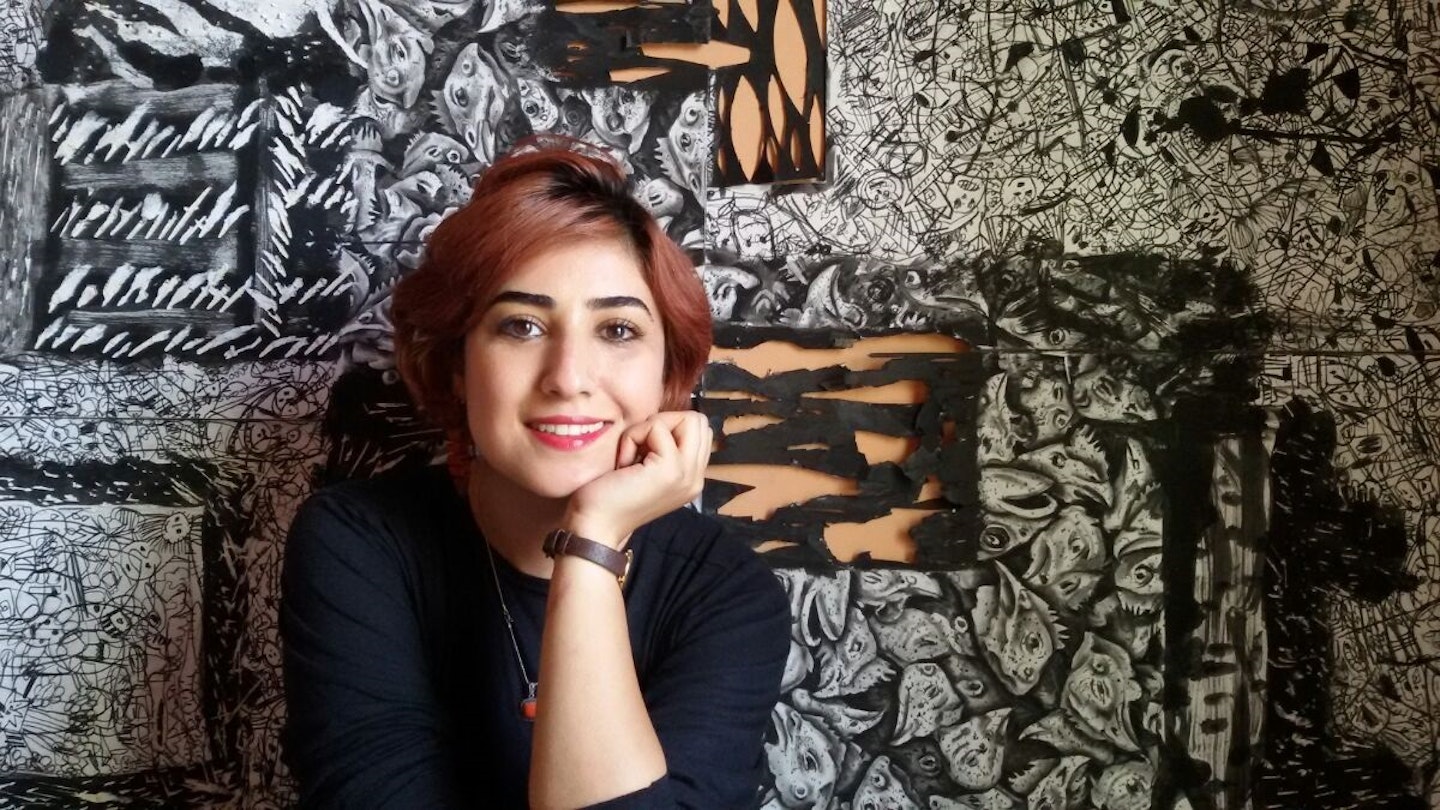For most people, art offers a creative release.
But the drawings of student Atena Farghadani provoked the wrath of a brutal and unforgiving regime.
For a satirical sketch, she was sentenced to 13 years in jail and suffered assaults, solitary confinement and near-death hunger strikes in some of Iran’s most dangerous prisons.
Atena, who was 28 at the time of arrest, fought relentlessly against a ruthless tyranny that was determined to break her.
At one point, she was even accused of having sex with the lawyer who was trying to free her, after she was witnessed shaking his hand.
She never gave up, and her tremendous courage is captured in a new edition of In Their Own Words, a compelling podcast out today produced by Amnesty International.
“I was blindfolded, handcuffed, and put in a car”
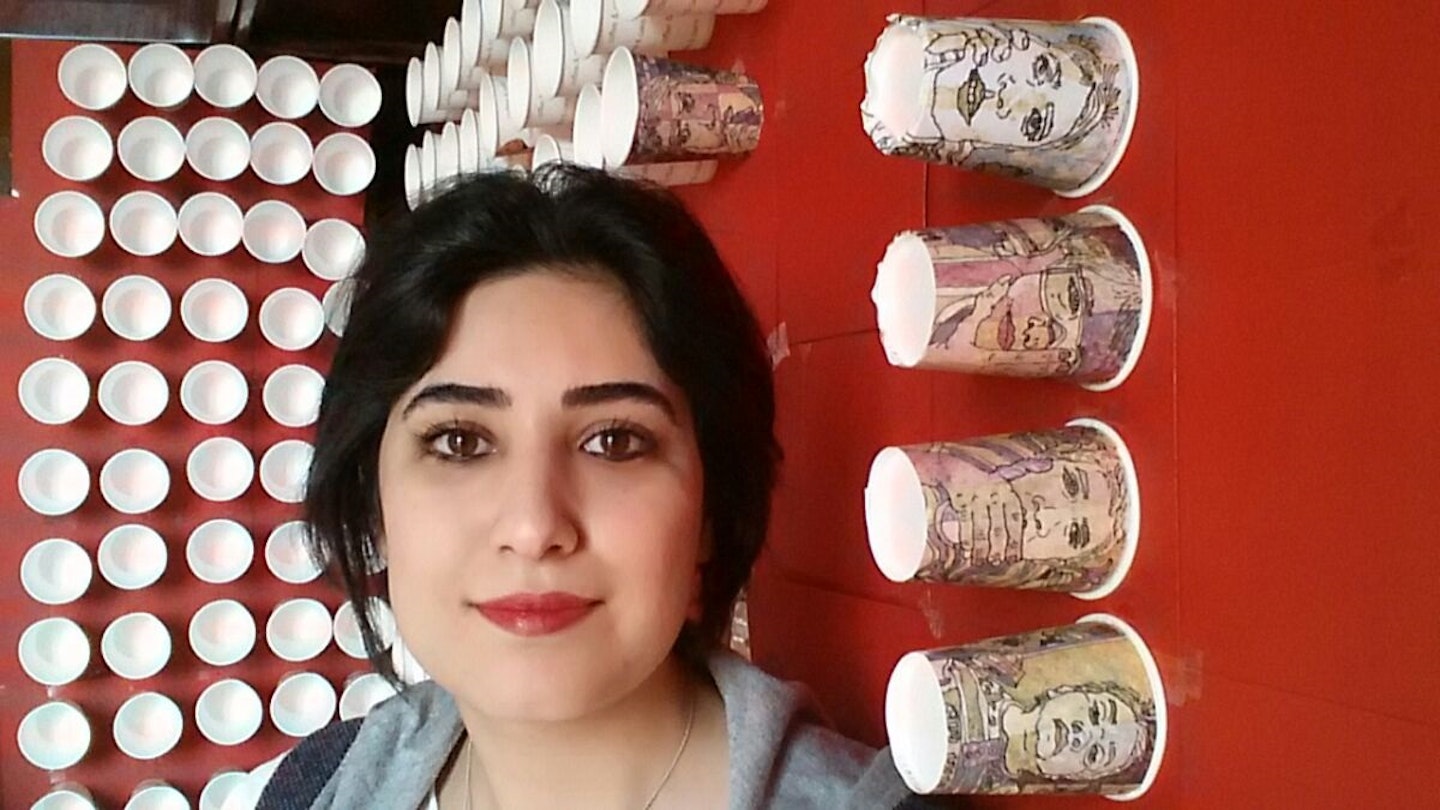
Atena story begins in October 2014, when she was a student studying art in an affluent area of Iran’s capital, Tehran.
The government decided to ban voluntary sterilisation for men and women, making it a crime punishable by jail time.
Many people, including Atena, were outraged by the draconian and intrusive measure designed to combat Iran’s declining birth rates.
“In response, I drew a cartoon of the Members of Parliament voting to pass the bill into law,” says Atena. “But I drew them as monkeys, because monkeys are less evolved than people, and less intelligent too.”
This drawing appeared on Facebook and then in an exhibition of her work.
Weeks later, members of Iran’s Revolutionary Guard raided Atena’s family house and arrested her.
“My cell felt like a grave”
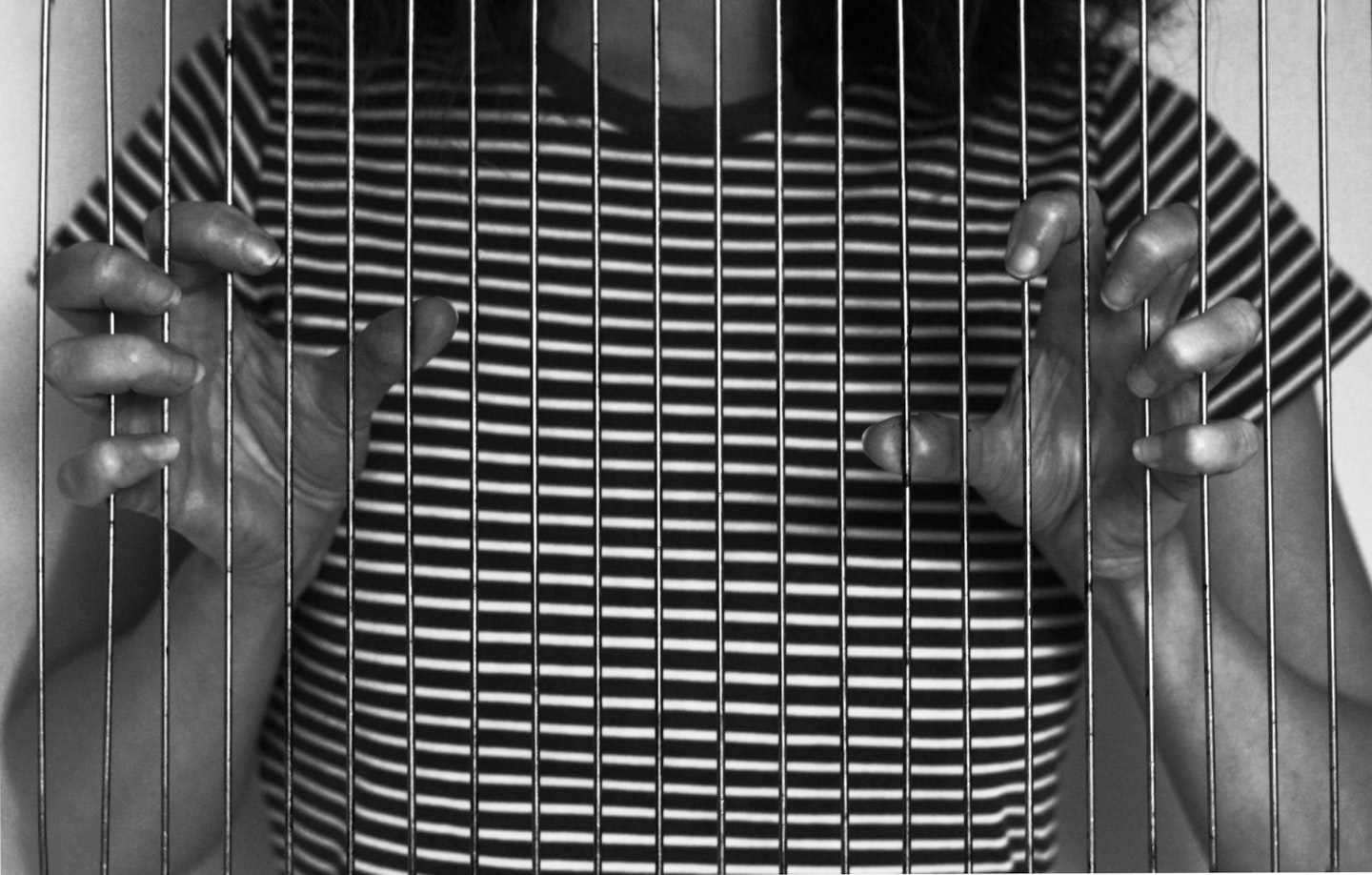
Atena was taken to Iran’s notorious Evin jail for political prisoners and was held in a cell measuring just 5ft long by 3ft wide.
“They would blindfold me every single time I left the solitary confinement cell, and I’d remain blindfolded until they put me back in there,” she recalls.
“I was interrogated for nine hours a day, even on weekends. When I went down the stairs to the interrogation room for the first time, I was so scared because it was in the basement and it was so dark. But all the time, I was trying not to be scared. I would constantly tell myself, ‘don’t be afraid.’”
After two weeks, Atena was released on bail and uploaded a video to YouTube detailing her horrific treatment.
“I published it in the hope that this would never happen to anyone else,” she explains. “But my family and friends were against it. They all said I could put myself in danger.”
“I would be in prison until I was 42 years old”
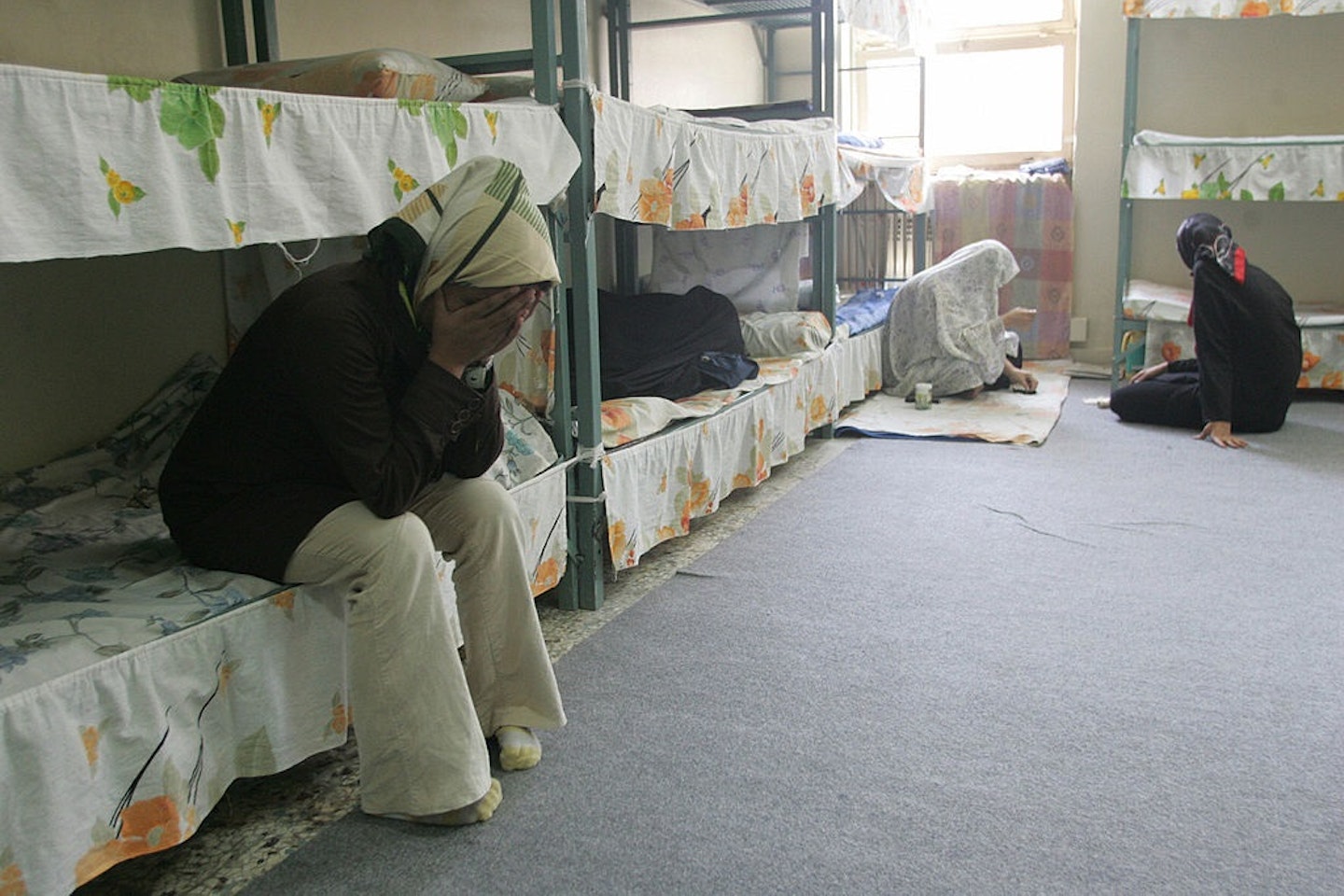
They were right. Authorities immediately arrested Atena and transferred her to an even worse prison, where overcrowding, hepatitis and HIV were rife.
In May 2015, Atena was found guilty in a closed court of charges that included insulting President Rohani, actions against national security and propaganda against the system.
She was sentenced to 12 years and nine months in prison.
“My mother couldn’t stand on her feet and my father was visibly shocked,” she says.
“I immediately looked at my parents. They’re getting on in age and I was thinking, will they still be alive when I am released? It dawned on me that I would be in prison until I am 42 years old.
“The judge said to me, ‘Are you happy now that you’re making your family suffer like this?’ I replied “Is this my fault, or is it yours?”
“I really thought I was going to die”
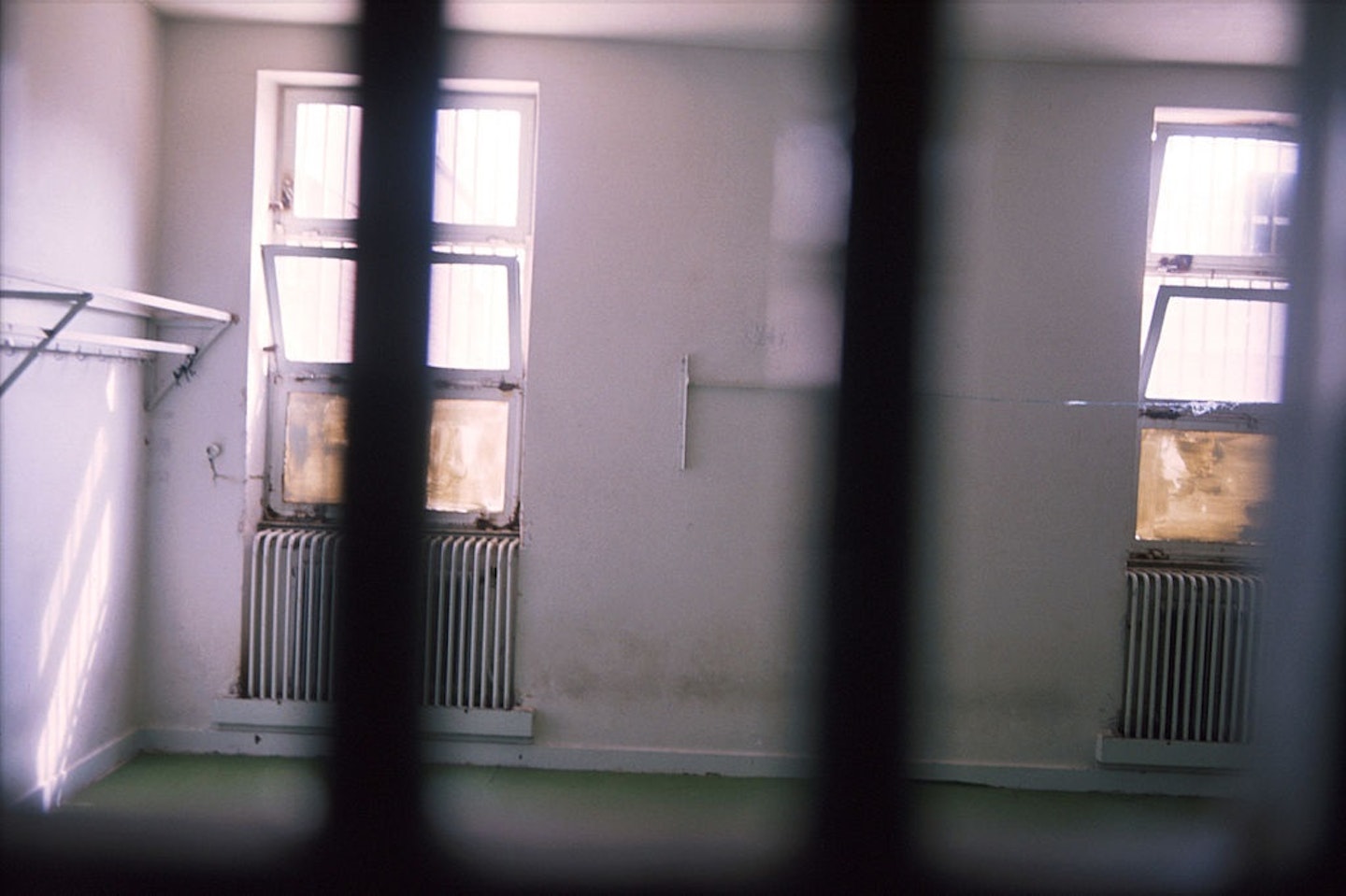
Atena’s time in prison was punctuated by routine humiliations and vicious beatings at the hands of guards.
At one point, she had to urinate on a napkin for four weeks because she was not allowed access to a toilet.
The prison’s hard, solid food meant she suffered from anal fissures and bleeding; “The guard would come and warn me to keep quiet, but I couldn’t stop screaming because of how painful it was,” she says.
Her only option was to fight back. Atena leaked information to the media detailing the appalling treatment of her and others behind bars, to put pressure on the authorities.
She also staged a series of hunger strikes. During one protest, after 20 days of not eating, she was on the verge of slipping into a coma. She was in hospital by then, but still handcuffed and shackled to the bed.
“I really thought I was going to die,” she says.
Still, Atena refused to give in to the iron will of the regime.
“My family kept telling me to apologise, in the hope that my sentence would be reduced. Saying ‘no’ to them didn’t work, so I’d just change the subject,” she says.
“They administered a virginity test”
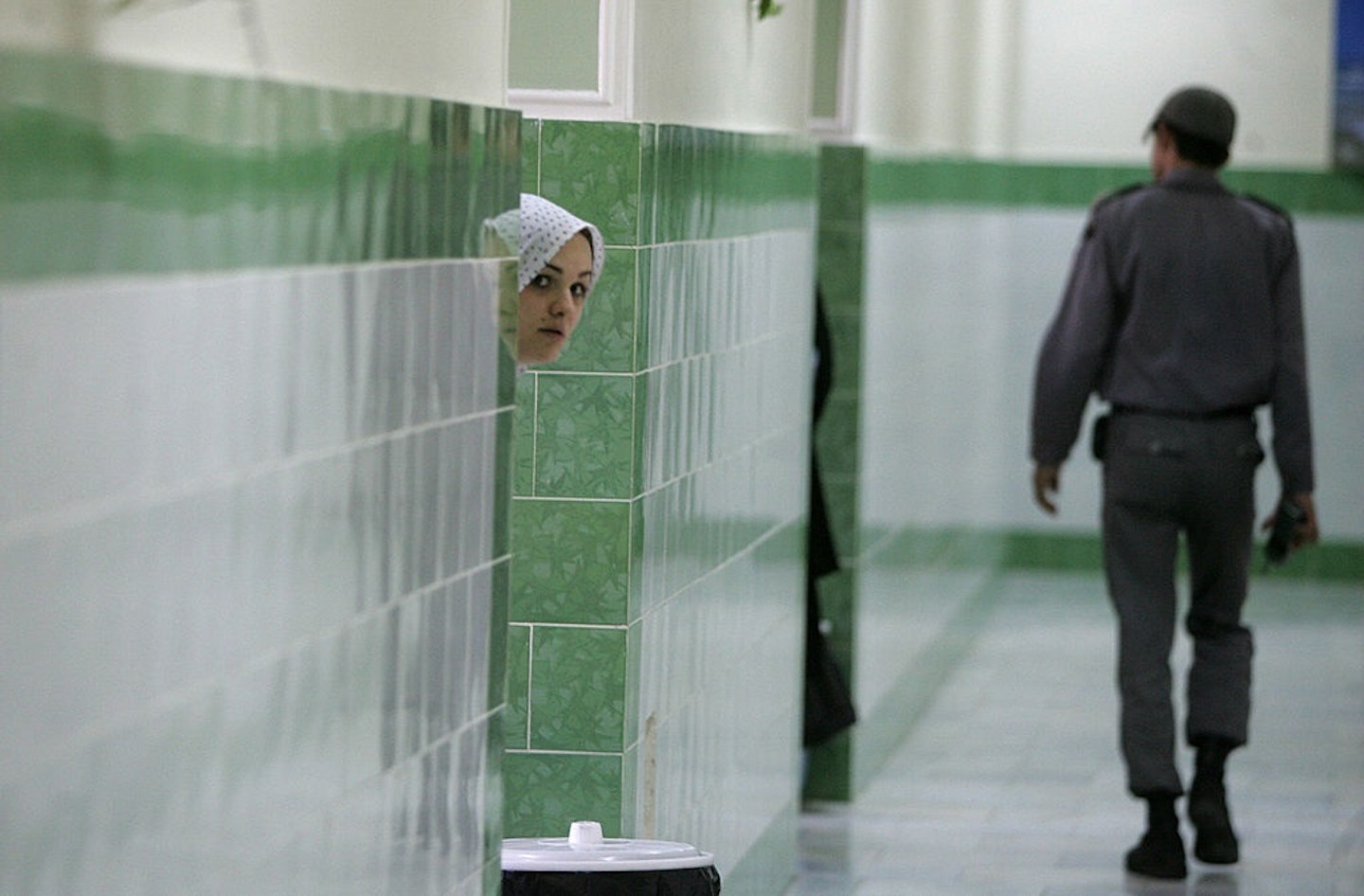
Her experience of prison reached a new low for Atena after a guard saw her shaking hands with the lawyer who was representing her.
“They accused us of having a sexual relationship,” she says. “It was described in my prison file as a ‘sexual relationship short of adultery’.
“They administered a ‘pregnancy test’ and a ‘virginity test’ on me, which was invasive and degrading. It was a way of putting pressure on me. It’s a tactic they use sometimes against political prisoners – particularly young, unmarried women.”
On another occasion, prison doctors refused to treat Atena’s infected toe because “people outside would think that it had been pulled out as a result of torture”.
Instead, she spent months enduring the pain of infection that spread to her whole foot.
“We were like a family”
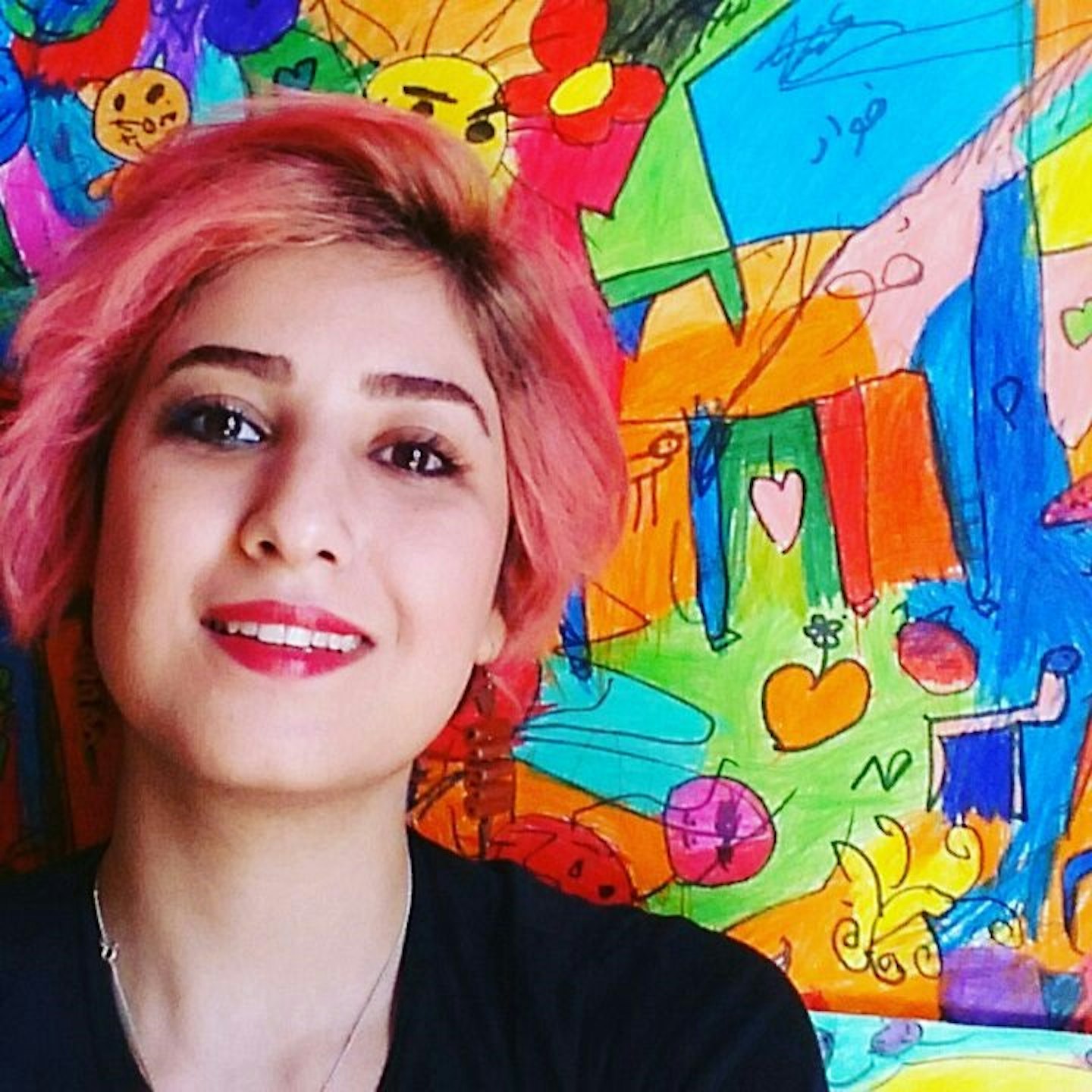
Atena’s mother sobbed uncontrollably every time she saw her daughter in jail.
And yet, the 30-year-old continued to demonstrate remarkable bravery in the face of enormous odds.
As well as staging protests and broadcasting information about the inhumane treatment of prisoners, Atena and her fellow inmates acted as soulmates to one another.
“All of us prisoners were friends to one another,” she says.
“We were like a family. I think my own family had a much harder time than I did. There were people who had been in prison for eight or nine years, but they were still happy, strong and full of hope. I didn’t cry in prison. It may sound strange, but I felt so hopeful there.”
Stories of courage and hope
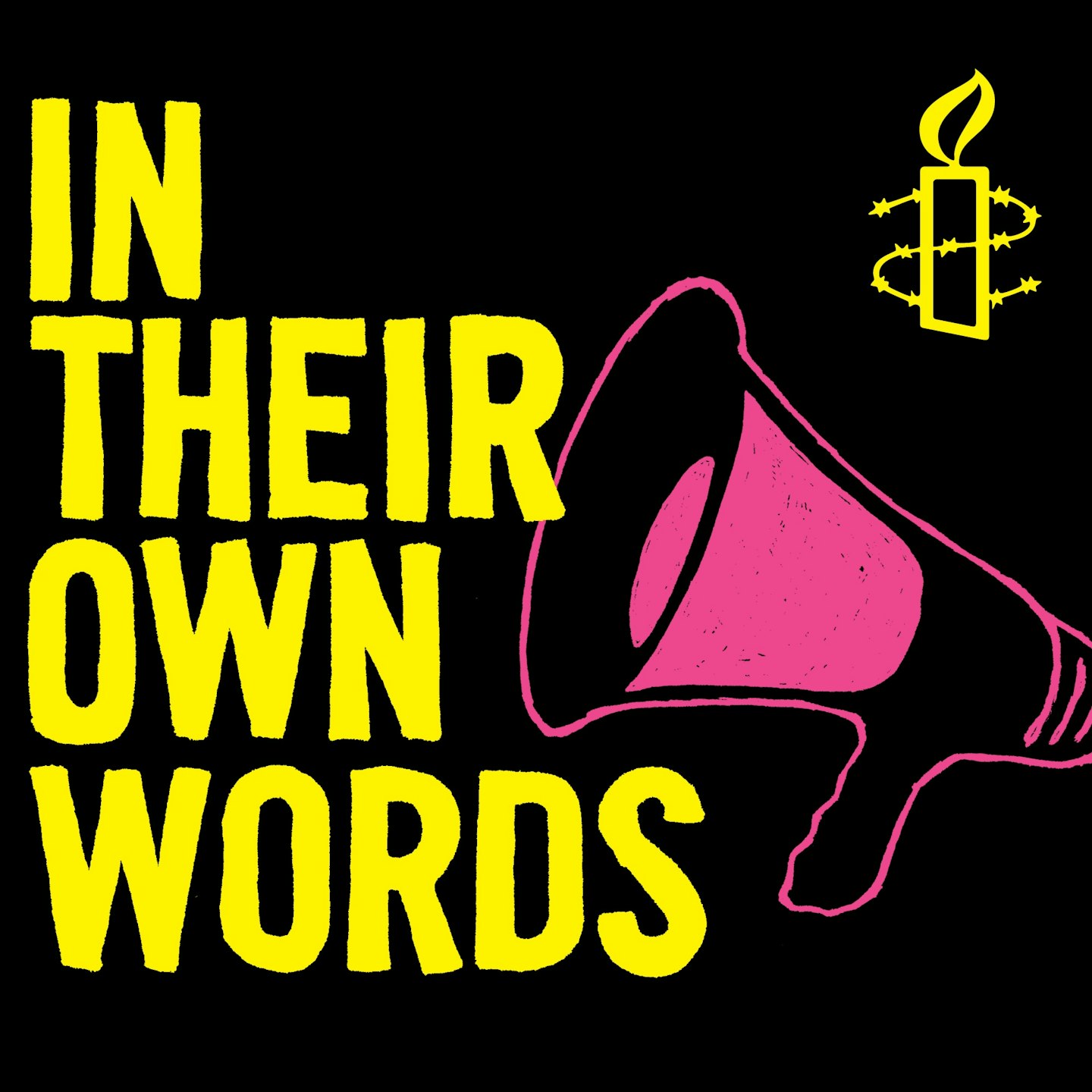
You can hear the full details of Atena’s story on the Amnesty International podcast, In Their Own Words.
The series, now in its second season, zooms in on real-life tales of survival from those who’ve stood up to fight for human rights – no matter the harrowing consequences.
“Women all over the world face enormous challenges and it’s easy to feel overwhelmed because of the injustices we see around us,” says Amnesty’s audio-visual producer Emma Shore. “TV and film often neglect to tell the more positive side of the story too, so we can be left feeling hopeless and powerless.
“But this isn’t true, there are women everywhere facing down immense difficulties and showing remarkable strength and determination in the most harrowing circumstances.
“I think it’s great that we have an opportunity to share some of these stories and that they may inspire other people in the way they’ve inspired me.”
Homeland star Nazanin Boniadi, who voices Atena’s story in the podcast, has boundless admiration for her subject.
“Atena’s self-sacrifice and commitment to advancing the rights of women in Iran is inspirational and motivates me to continue helping to promote the advancement of human rights,” she says.
“She is a true Shirzan, which means ‘lioness’ in Iran.”
Read More: Amal Clooney's Most Empowering Moments
Read More: Nazanin Zaghari-Ratcliffe Has Been Jailed In Iran On ‘Secret Charges’
